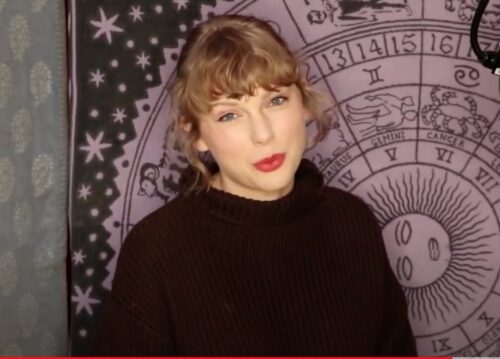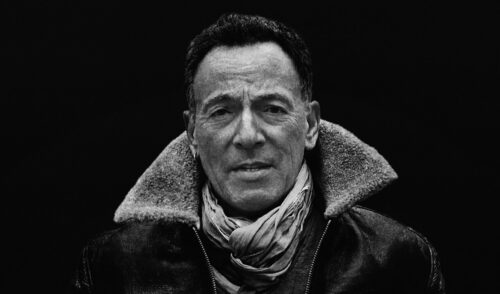Check out the track Walk Backwards by Maude Latour. The mid tempo electro pop track is a love letter to her best friend. You’ll like if you a thing for Julia Michaels
The 19-year-old indie pop artist talks to her fans on Instagram in what she calls “spill therapy” where she encourages her audience (mostly teenage girls) to be vocal and stay true to themselves. She’s performed at New York venues, from a residency at Rockwood Music Hall to Mercury Lounge.
The Columbia University student has 500k Spotify monthly listeners and landed on Spotify’s Indie Pop, young & free, and Teen Beats. Give it a stream on KOAR’s indie invaders playlist.
Diana Goldberg, the 25 year-old singer-songwriter from Germany releases the new electro pop ballad All Or Nothing.
The new track follows her debut single Occupy Your Mind which was nominated for the German Songwriting Award in 2020
Inspired by Foushée, Billie Eilish, H.E.R, The Weeknd, and Ed Sheeran the Munich native started writing at 14. She plans to drop 3 tracks in 2021 with an EP to follow. Give it a stream.

The former country singer broke the news that she re-recorded her 2008 album Fearless and will release the first single, “Love Story”
Swift said she would re-record the albums after her former music label Big Machine’s sold her masters to Scooter Braun’s Ithaca Holdings. Swift has an ongoing beef with Scooter Braun and made it well known through interviews and press releases.
Swift will re-record all six albums hoping the new album will overshadow old ones, hence sticking it to the investors.
Stef released the new single “i used to build dreams about you“. You’ll like if you love shoegaze, dream pop, indie pop.
It marks the third single that comes off her upcoming EP “a glitch in our virtual reality.” The 5 song concept EP captures all emotions entangled in a relationship.
Writing from personal experience, Stef shares, “This song captures the feeling of being infatuated with someone when you begin to fall in love”. Give it a stream on KOAR’s Indie Invaders Playlist.

“It would be inappropriate for us to comment on the details of a matter we have only read about and we cannot substantiate,” a Jeep spokeswoman said in a statement to the cable network. “But it’s also right that we pause our Big Game commercial until the actual facts can be established. Its message of community and unity is as relevant as ever. As is the message that drinking and driving can never be condoned.”
The commercial aired during the Super Bowl LV and has been viewed by millions on TV and YouTube. The commercial was yanked from YouTube and other online platforms after news broke about Springsteen’s arrest.